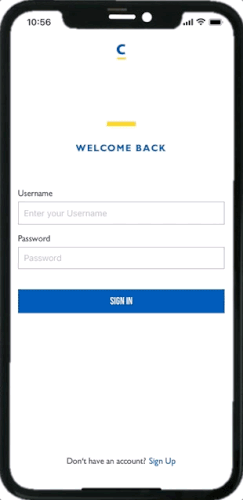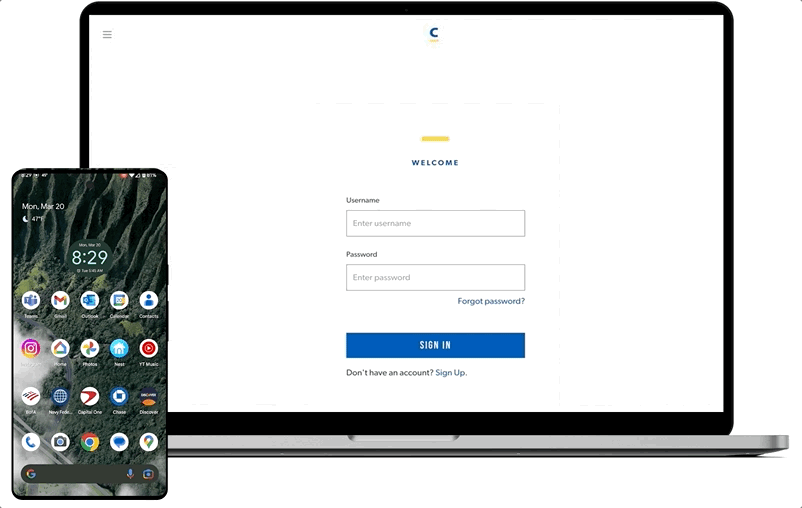Articles March 28, 2023
The Password-less Future is Closer Than You Think


Say Hello to Passkeys
Rapid Adoption; Longer Transition
Passkey User Flows
A Password-less Future
A Password-less Future with Passkeys Podcast
Listen to CapTech Trends
Clinton Teegarden
Technical Director, AI and Mobile Lead for Travel and Hospitality
Clinton is a seasoned innovator with over a decade of experience spearheading technological advancements across diverse industries. His expertise in AI, mobile, and cloud technologies has enabled him to lead teams in crafting solutions that revolutionize customer experiences at every touchpoint. With a proven track record of delivering products used by over 50 million people, Clinton's impact spans the hospitality, retail, finance, and sports industries.


Mark Badger
Fellow, Customer Experience
Mark is a seasoned experience design leader with over 20 years' experience in interaction and conceptual design, product/brand strategy, user research, and information architecture. He is fascinated by what drives people’s connections with brands and is dedicated to fostering value-infused interactions between them.







